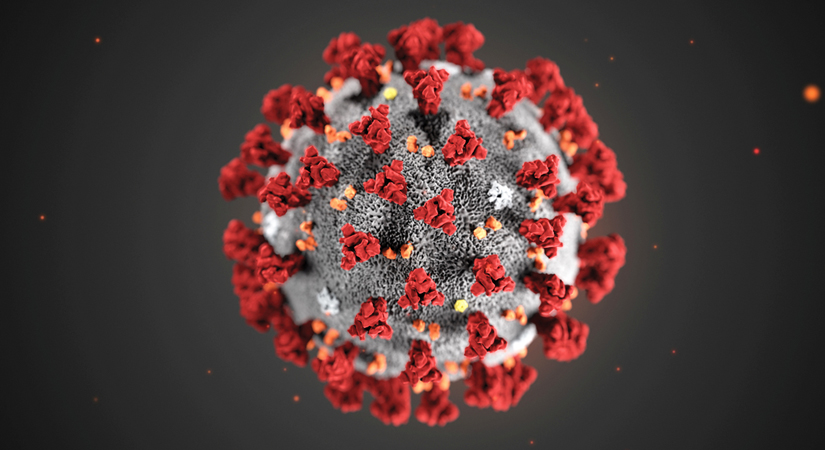Nine football players at University of Oklahoma test positive for COVID-19
NINE football student-athletes from the University of Oklahoma tested positive for COVID-19, head coach Lincoln Riley said on Saturday, amid fierce national debate over the viability of a fall college football season.
Oklahoma’s Big 12 Conference said this week it would move forward with the fall football season, a cultural ritual for millions of Americans, after two of its fellow “Power Five” conferences said they would postpone play.
Riley said in a video posted to social media that he received the test results Saturday morning after his players took a week-long break from team activities, noting the new cases were the result of “community-based infections.”
“Disappointed by the news, obviously. We’ve done such a tremendous job really this entire time,” Riley said in the video. “You know when you give your players some time, that there is risk in that.”
The school said earlier this week there was previously one COVID-19 case reported on the team since players reported for training earlier this summer.
Two of the five most powerful collegiate conferences, the Pac-12 and Big Ten, said this week they would not play the season as scheduled, citing the risks of the coronavirus outbreak. Both said they would consider options for spring competition.
Oklahoma, a five-time Big 12 Conference champion team that has produced two of the last three Heisman Trophy winners, is set to kick off its season Sept. 12, and Riley said he remained “very confident” in the procedures the team had in place, which include daily screenings for team members and staff.
“The reality is this isn’t the NBA. This is college football,” said Riley, referring to the National Basketball Association. “We can try to minimize these risks as much as we possibly want but we’re never going to have being able to eliminate them 100%. We don’t have a bubble.”
US President Donald Trump reiterated his call for college football to return during a news conference at his golf club in Bedminster, New Jersey, on Saturday.
“I want college football to come back. These are strong, healthy, incredible people,” said Trump, who said he has spoken with Clemson quarterback Trevor Lawrence a couple of times.
While a number of professional athletes have recovered from COVID-19, there are concerns among sports medical professionals that young, healthy people can get sick and have lingering health problems, such as heart, lung and cognitive issues. — Reuters

